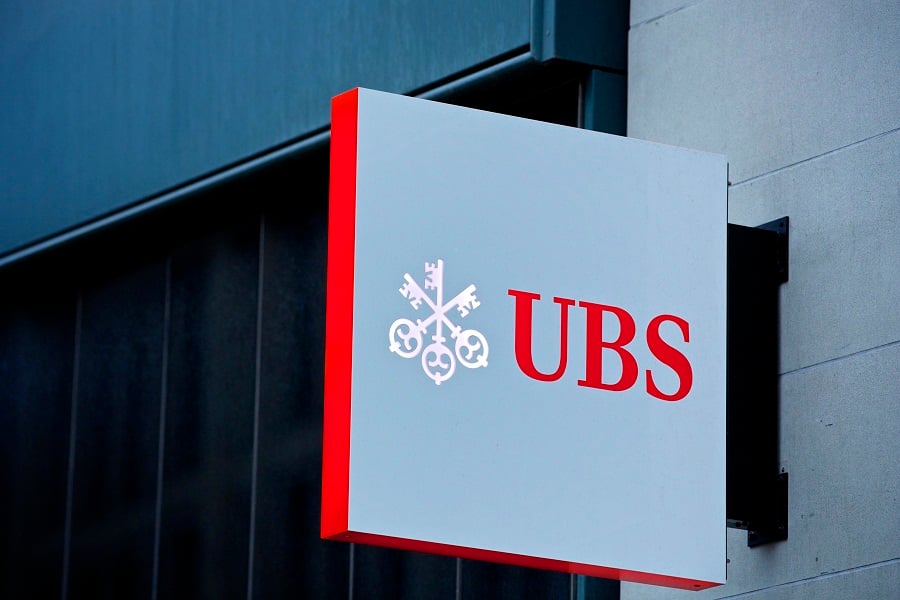

A Financial Industry Regulatory Authority Inc. arbitration panel Tuesday ordered UBS Financial Services Inc. to pay clients $1.34 million for losses they suffered on investments in the UBS Yield Enhancement Strategy, known as YES, according to the June 28 award.
The award has two unusual features: $500,000 in punitive damages to the clients, Jeff and Karen Misner, and a two-to-one split decision among the three-person panel. Arbitrators in Finra decisions rarely award punitive damages. The arbitrators gave no explanation for the punitive damages or the split decision in the award.
A UBS spokesperson declined to comment on the Misner arbitration award. The Misners also received $475,000 in compensatory damages, $325,000 in attorney's fees and $41,000 in costs.
UBS faces escalating pressure from the Yield Enhancement Strategy, which featured options. The Securities and Exchange Commission announced Wednesday that it had ordered UBS to pay nearly $25 million to settle charges that it defrauded clients who invested in the complex options product.
The SEC said that from February 2016 through February 2017, UBS marketed and sold to 600 advisory clients the Yield Enhancement Strategy, which borrows against an existing portfolio of debt or equity securities to purchase and sell S&P 500 options, according to the agency's order. UBS clients allocated about $2 billion to YES.
Stefan Apotheker, the attorney for the UBS clients, said in an interview he didn't know why the arbitrators ruled in the unusual manner that they did. This is the fourth such UBS options arbitration case that Erez Law, where he is a senior associate, has handled and seen come to a decision in the past few months, Apotheker said.
"The options strategy is a high-risk strategy," he said. "One the key factors in these YES claims is that it was not marketed and sold that way, both to UBS advisers and their clients."

President meets with ‘highly overrated globalist’ at the White House.

A new proposal could end the ban on promoting client reviews in states like California and Connecticut, giving state-registered advisors a level playing field with their SEC-registered peers.

Morningstar research data show improved retirement trajectories for self-directors and allocators placed in managed accounts.

Some in the industry say that more UBS financial advisors this year will be heading for the exits.

The Wall Street giant has blasted data middlemen as digital freeloaders, but tech firms and consumer advocates are pushing back.
Orion's Tom Wilson on delivering coordinated, high-touch service in a world where returns alone no longer set you apart.
Barely a decade old, registered index-linked annuities have quickly surged in popularity, thanks to their unique blend of protection and growth potential—an appealing option for investors looking to chart a steadier course through today's choppy market waters, says Myles Lambert, Brighthouse Financial.
